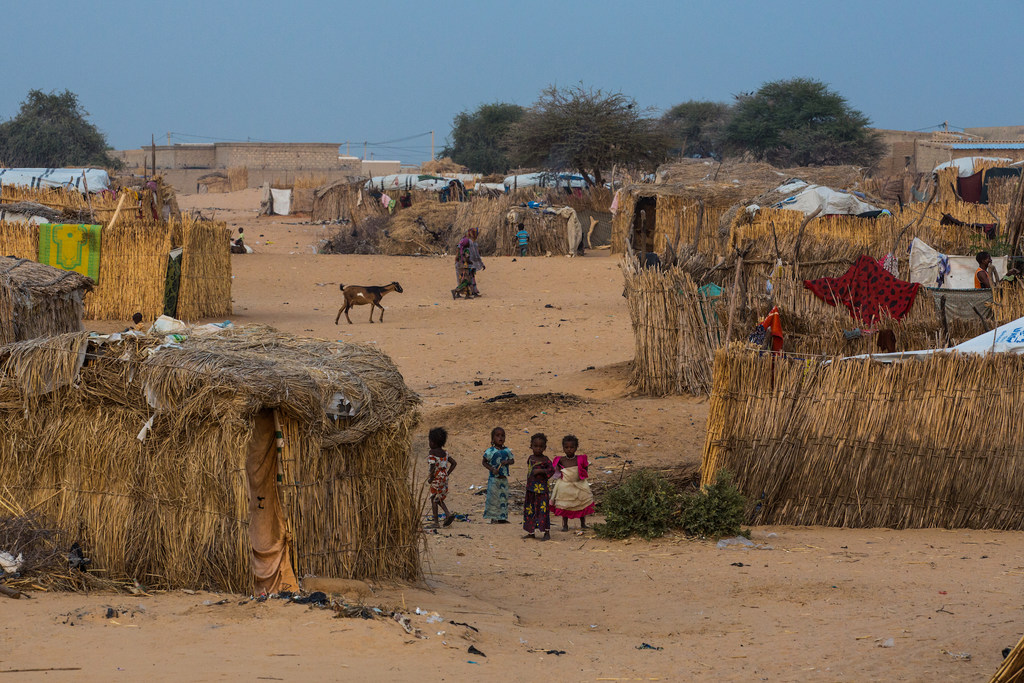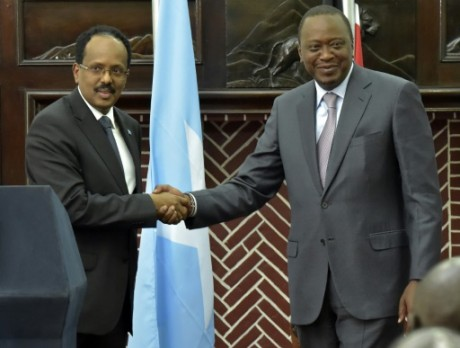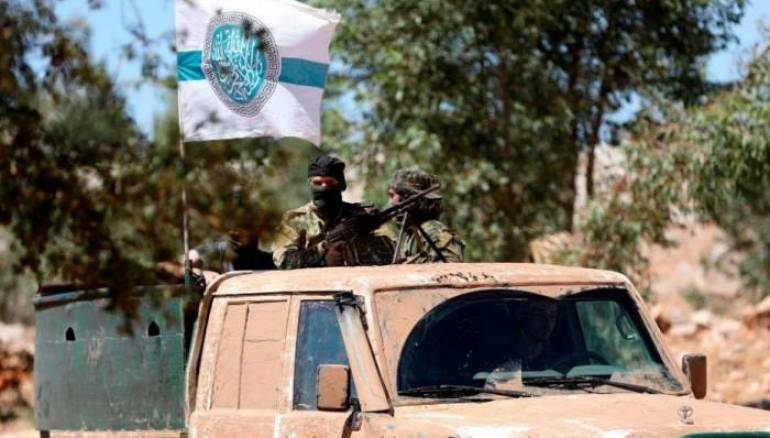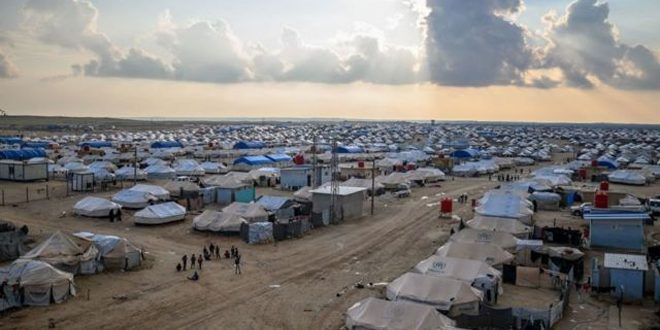Niger : l’ONU condamne l’attaque meurtrière d’une ville abritant des personnes déplacées

Le chef de l’ONU et l’Agence des Nations Unies pour les réfugiés (HCR) ont condamné l’attaque perpétrée par des assaillants armés à Toumour, une localité du sud-est du Niger, qui a tué 28 personnes et en a blessé des centaines d’autres.



